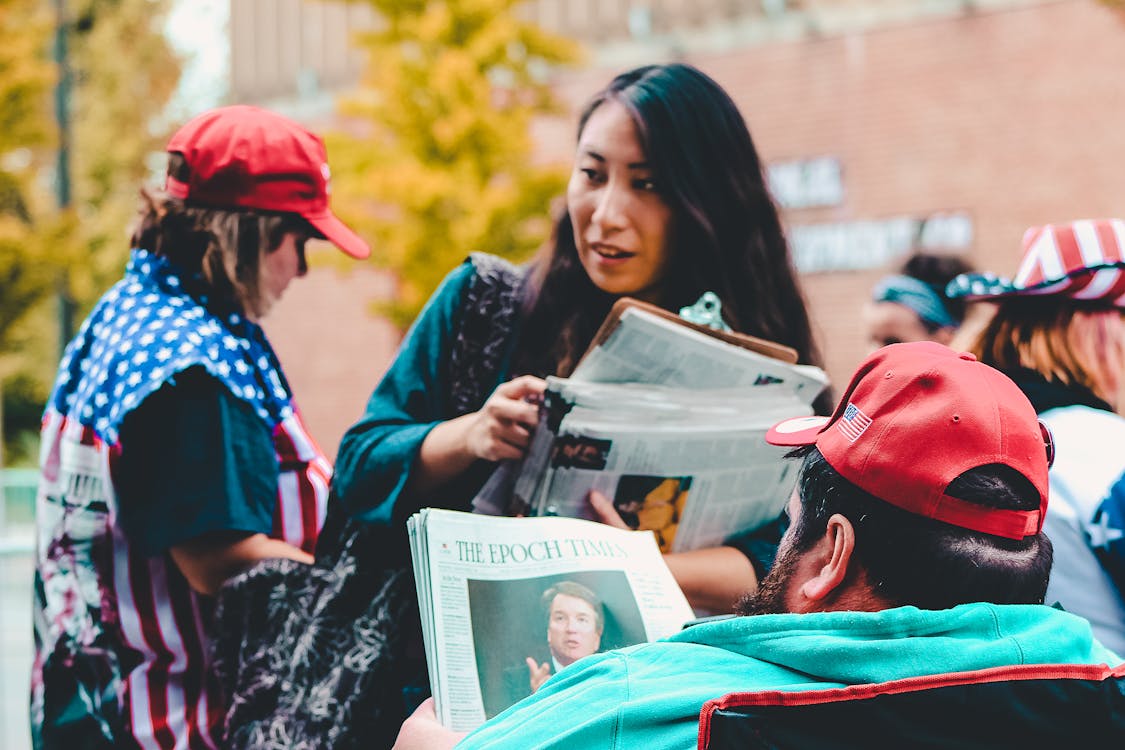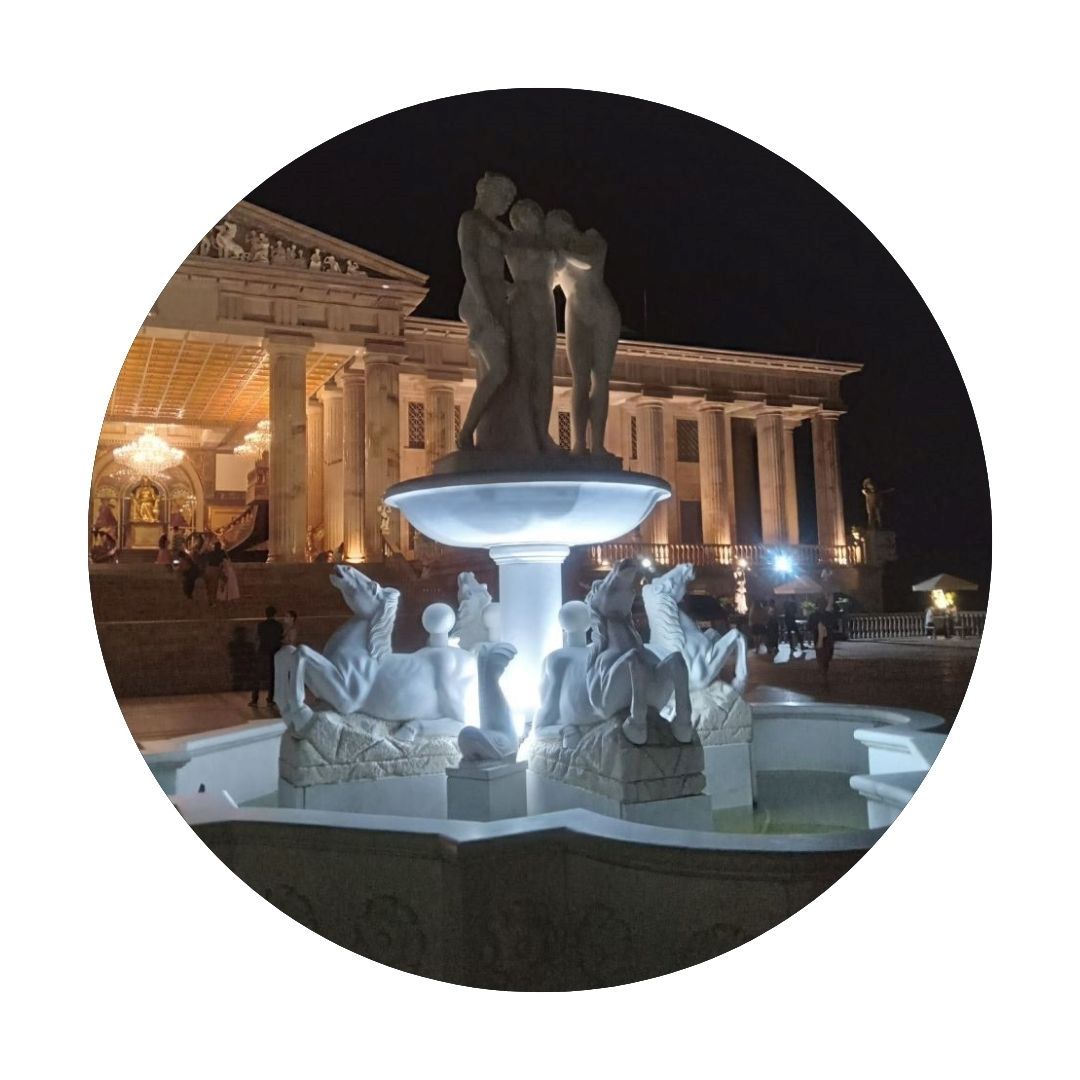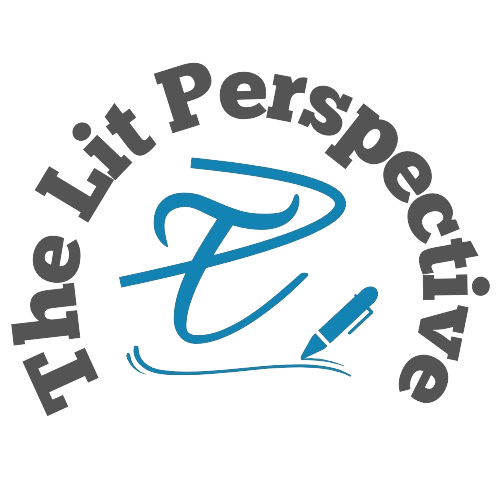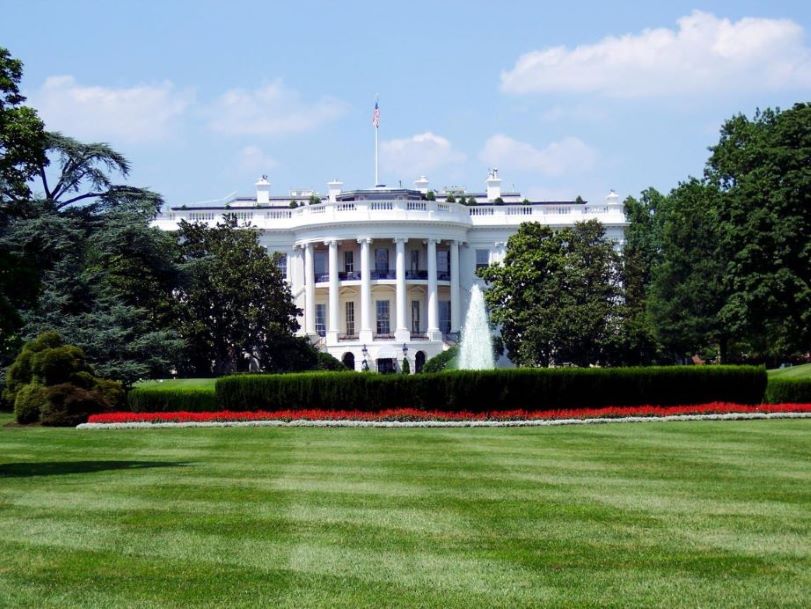TheLitPerspective is your one-stop shop for everything that ignites the spark of curiosity within you.

How Does the World Work: Let’s Talk About Politics
Photo by Rosemary Ketchum
There’s toil and trouble all around us! We’re always close to bursting into flames! True or not, it does leave us with a question: How does the world work? Well, let’s talk about politics.
Politics is a tricky word for a lot of people. The word itself conjures up images of heated debates, partisan gridlock, and quiet Thanksgiving dinners. For a lot of people, politics brings a sense of powerlessness.
It’s easy to shy away from politics and say that that’s just how the world works, but how does the world work anyway?
Let’s talk about politics. Now, people say that politics is unimportant. It is only important when the election cycle comes. Yet, politics is far from a spectator sport. It’s not football. In football, if your team wins, your team wins. Nothing happens to anyone else. No one is hurt or whatever.
In politics, though, if the wrong person gets the reins, bad things happen. Politics isn’t a game. It is the foundation upon which societies and civilizations are built. Politics shapes the lives of individuals in countless ways. Understanding the importance of politics is crucial for navigating the complexities of modern life both for our individual selves and the broader world.
The Political Arena
At its core, politics is basically the allocation of resources and power. It determines the game’s rules, from who gets an excellent education to how much one pays in taxes. It dictates the infrastructure that supports daily life, the quality of healthcare available, and the environmental regulations that impact our surroundings.
How does the world work? The short answer is politics.
How Does the World Work?
Politics shapes the opportunities and challenges we face as individuals.
- Consider education. National and local governments set educational standards, allocate funding, and determine curriculum guidelines. Political decisions influence teachers’ quality, specialized programs’ availability, and even the cost of college.
- Similarly, political decisions concerning healthcare shape individual well-being. Policies on insurance coverage, drug pricing, and access to preventative care directly affect our health and financial security.
- Politics also influences our economic security. Tax codes, labor laws, and trade and business practices regulations all stem from political processes. These policies determine the minimum wage, social safety nets’ availability, and the job market’s overall health.
- Beyond these tangible implications, politics also shapes the social fabric of our lives. It sets the framework for equality, discrimination, and freedom of expression. Political decisions can determine whether same-sex couples can marry, how immigrants are treated, and the level of religious liberty a person enjoys.
The Extent of Politics
The impact of politics extends far beyond the individual. Political decisions shape the very essence of a society, influencing its values, stability, and future trajectory.
How does the world work? This is the long answer.
- Political participation, through voting, activism, and civic engagement, allows citizens to influence the direction of society. It ensures that government policies reflect the needs and aspirations of the people from which it derives its mandate.
- Politics also plays a crucial role in promoting social justice and equality. Governments can address issues like poverty, discrimination, and access to fundamental rights through legislation and policy.
- Beyond national borders, politics shapes the relationships between countries. Trade agreements, diplomatic alliances, and military interventions are all products of political decisions. These policies can profoundly impact global peace, security, and prosperity.
Let’s Talk About Politics
In a world shaped by politics, the question arises: what can an individual do? While the political landscape can often seem overwhelming, there are ways for individuals to make their voices heard and have an impact:
- Learn: Knowledge is power. Staying current on political issues, from local elections to global affairs, allows individuals to make informed decisions and hold their representatives accountable.
- Engage: Political conversations can foster understanding and create opportunities for compromise with even those we disagree with. Engaging in respectful dialogue is crucial for a healthy democracy.
- Vote: Voting is the most fundamental right of a citizen in a democracy. Choosing representatives who align with one’s values allows individuals to have a say in the direction of their society.
- Participate: Whether you volunteer for a cause you care about, contact your elected officials, or simply attend a town hall meeting, staying involved demonstrates your commitment to shaping your community and nation.
The Lit Perspective might not be full of political wonks and observers, but we are still very much part of society. At least, that’s what most of us think. We have our opinions, and we have our ideas. We very much hope you can take a gander at them and maybe give your own perspectives on whatever political stuff we put out (which won’t be all the time, trust us).
As we go on, come and visit this link for more political insights from a bunch of laymen!

Alex is a writer with two modes: simple and wild. He’s equally at home going either way. He always has something to say and something to offer, even if it’s only after a few minutes of furious googling. He loves reading and writing random stuff in his spare time.



